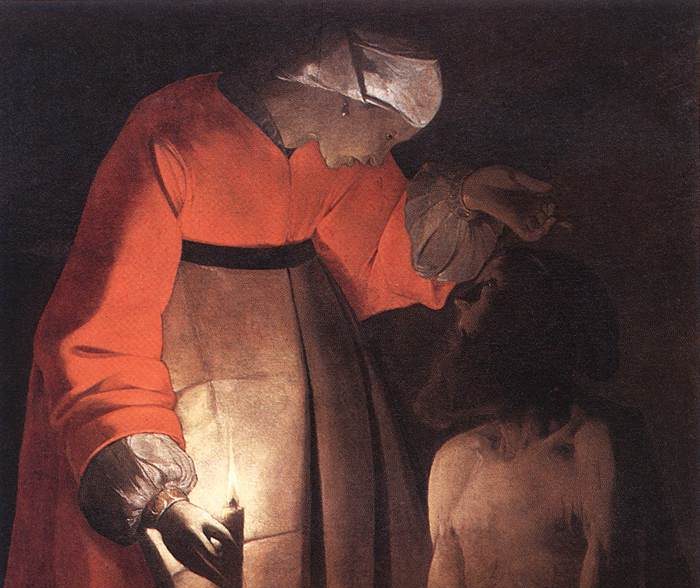While today’s presidential debates have reached a historical low in quality, the truly interesting debates of 2020 were those begun back in March over what the novel coronavirus would mean for Seton Hall. Would classes be canceled for the week? Could it even be possible that we would not return until Easter? Of course, these questions seem absurd now, as in very short order we were all sent home, and soon after nearly every institution was shut down, from bars and bowling allies to movie theaters and even parks. Nowadays, everyone is expected to wear a mask and many social norms have been changed (perhaps irrevocably). For all the excitement that great moments of history inspire, living through such a time can be very difficult and painful.
Over the past few summers, I have worked as a lifeguard at a local community pool. Despite the pandemic, the pool was open this past summer, with new safety policies implemented. The job is fairly easy, since this was my fourth year working there, and I find I get along well with my coworkers. As often happens, the new work season began with hellos and the existential philosophical musings of high school lifeguards. However, this year they were emblematic of a philosophy of life that appears to be common among college students: nihilism. Sadly, this philosophy has only been strengthened in these trying times.
On the very first day the pool was opened, there was a thunderstorm about an hour into my shift. The pool deck was cleared and all the employees had to gather in the office to be safely away from the water. Initially, we casually discussed how our respective schools planned to adjust in the upcoming semester, with some complaining that tuition prices had remained the same or increased. But eventually, conversation turned to the value of life itself. COVID had brought human mortality front and center to my coworkers’ minds and it seemed that many were wrestling with this perennial truth in a serious way for the first time. While opinions on how the school year would progress differed greatly, there was a near unanimous consensus concerning the futility of life.
The conversation took a dramatic shift as one person expressed her conviction that life itself was meaningless, since we would all die and then everyone who ever knew or loved us would die. Amazingly, no one contradicted her; in fact, nearly everyone approved and commented on how they had been thinking the same thing. Despite their charge of saving lives, these lifeguards were all but convinced that oblivion awaits and cheered with Macbeth that “life … is a tale told by an idiot, full of sound and fury, signifying nothing” (Shakespeare, Macbeth). As the point was made repeatedly in truly despairing words, I noticed three main groups form: those who expressed anger in their acceptance of life’s futility, those who approached that proposition with an air of downtrodden comedy, and those who become terribly afraid and even begged that the conversation be turned to other things. I was struck with such grief for all of them.
The Catholic Church has always condemned nihilism as the absurd error that it is. All rejections of meaning, and therefore of all truth, are simply impossible to hold to coherently. One coworker mentioned death and the death of all our loved ones as a reason for despair. If things are truly meaningless, there is no difference between death and life and thus an appeal to death makes no sense; yet, the mention of the death of all those who loved and knew us would seem to hold that such persons or such memories do hold value. Even our own everyday experiences reveal to us how natural hope is, a desire for an arduous good possible to be attained. We hope to get an internship or a job, or that our team may succeed.
There is a maxim in Catholic theology that grace builds upon nature. Following this idea, we should look to a worldview that encourages and expands our natural capacity for hope, not for one that crushes it and leaves us desolate. To seek the latter is as sensible as working against our sense of sight and taste, or our rationality. The Catholic mission offers value in its championing of the virtue of hope. It can hardly be called a competition, however, as nihilism arrives to the fight already waving the white flag and disavowing all promises and purposes to its followers.
Informed by this mission, Seton Hall can offer students her own hope, grounded in a natural tendency to hope and raised up to a supreme hope, Jesus Christ. He makes our lives worth living and gives us the strength to struggle along this wayfaring path, coronavirus and all. Those who are Catholic may draw hope from this high truth. Those who are not yet, please come and seek Him. He has promised that you will find the fulfillment of your desire (Matthew 7:7).
